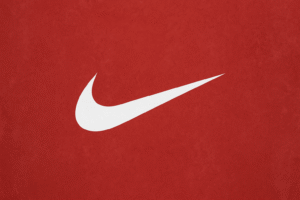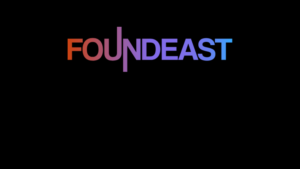Are you an entrepreneur looking to grow your business and automate processes? Two of the most popular platforms for achieving these things are ClickFunnels and Shopify. While both platforms offer solutions for e-commerce and online sales, they have distinct features that might make one more suitable for your business needs than the other.
In this post, I’ll compare ClickFunnels and Shopify, highlighting their features, advantages, and disadvantages, and help you determine which platform is right for your business.
[rpt name=”clickfunnels-vs-shopify”]ClickFunnels vs Shopify Feature Breakdown
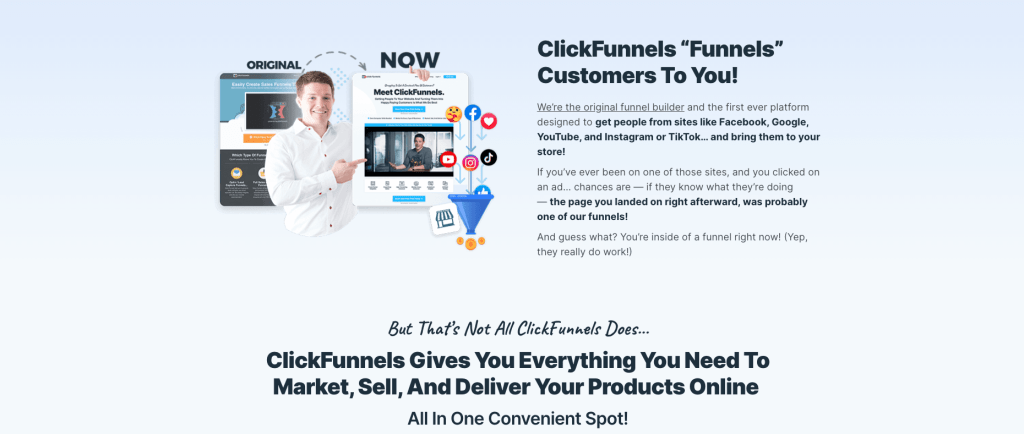
ClickFunnels is an all-in-one platform that enables businesses to create and manage their sales funnels, landing pages, email marketing, and payment processing all in one platform. It was created by internet marketing guru Russel Brunson. It’s designed for businesses that want to manage every step of the sales funnel to convert more customers. Here are some of ClickFunnels’ key features:
Sales Funnels
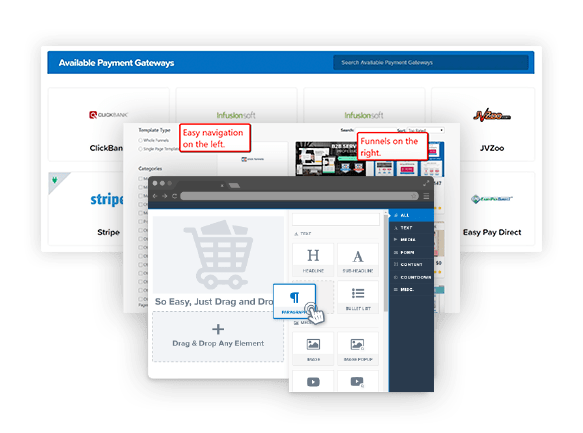
ClickFunnels enables businesses to create custom sales funnels with specific actions and steps for leads to take. Funnels can be designed for specific goals, such as lead generation, sales, or webinars. ClickFunnels offers a range of pre-built funnel templates that businesses can customize and use.
Landing Pages
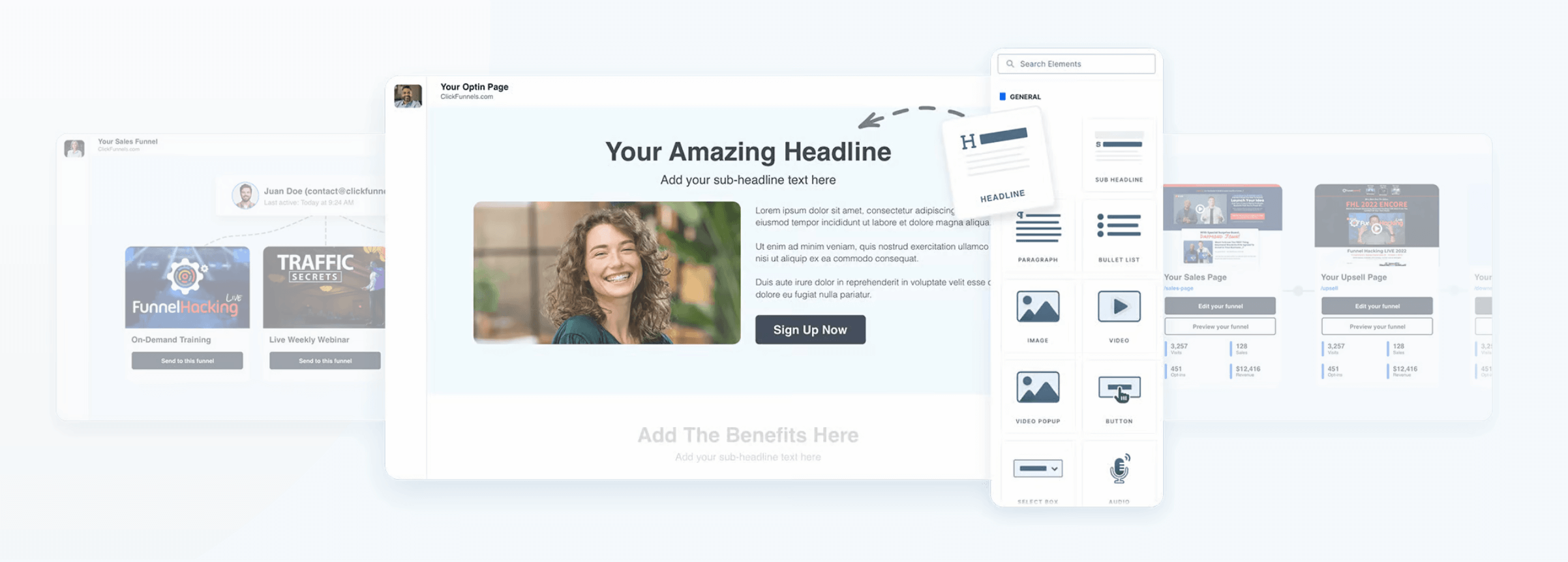
ClickFunnels also enables businesses to create customized landing pages for their sales funnels. These landing pages can be designed to increase conversions and engagement by focusing on a specific offer or product.
Email Marketing
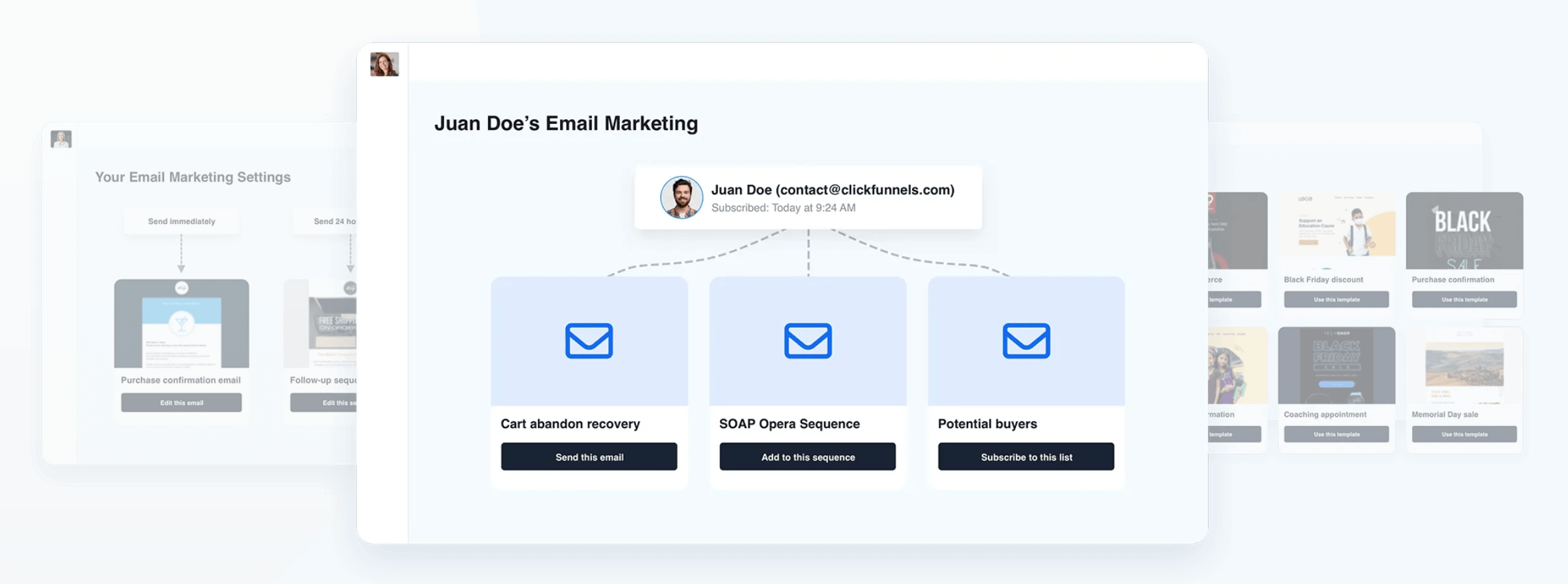
ClickFunnels provides an email marketing tool that businesses can use to send automated emails to leads in their sales funnels. The tool includes pre-built templates that businesses can customize with their own branding and messaging.
Membership Sites
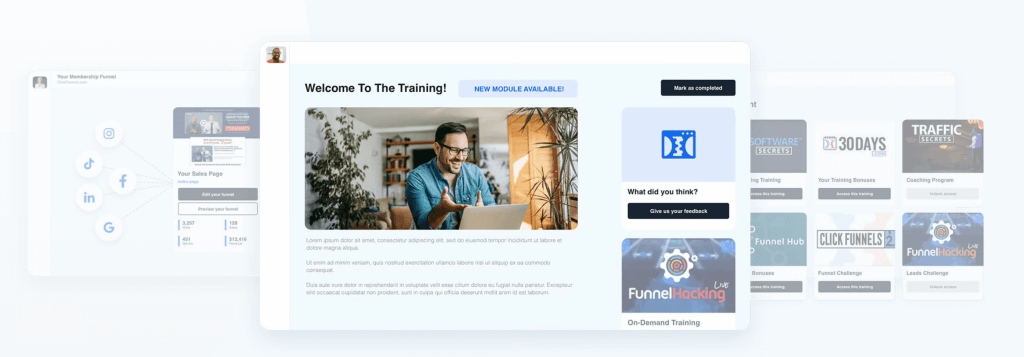
ClickFunnels also offers tools for creating and managing membership sites, enabling businesses to provide exclusive content, courses, or services to their members. Membership websites are a great model to generate monthly recurring revenue that’s measurable and scalable. If you run this type of business, ClickFunnels is for you.
Payment Processing
ClickFunnels provides payment processing tools that businesses can use to accept payments for their products or services within their sales funnels. The platform integrates with a good number of payment processors, like Stripe, PayPal, Recurly, and Keap. That means no matter how you collect a payment, ClickFunnels will probably work for you.
Here’s ClickFunnels’ official video on integrating a payment gateway:
Advantages of Using ClickFunnels
- All-in-one platform for creating and managing sales funnels.
- Customizable templates for landing pages and emails.
- Easy to use, even for beginners.
Disadvantages of Using ClickFunnels
- Limited customization options for pages outside of sales funnels.
- Higher pricing compared to other e-commerce platforms.
- Fewer integrations with other platforms compared to Shopify.
ClickFunnels is a great choice for entrepreneurs that want to control every step of the funnel, perform upsells, and more. Start your free trial here. 
Shopify
Shopify is an e-commerce platform that enables businesses to create and manage their online stores, payments, shipping, and fulfillment. It’s designed for businesses that prioritize selling products online, with a range of features to support e-commerce. Here are some of Shopify’s key features:
Online Store Builder
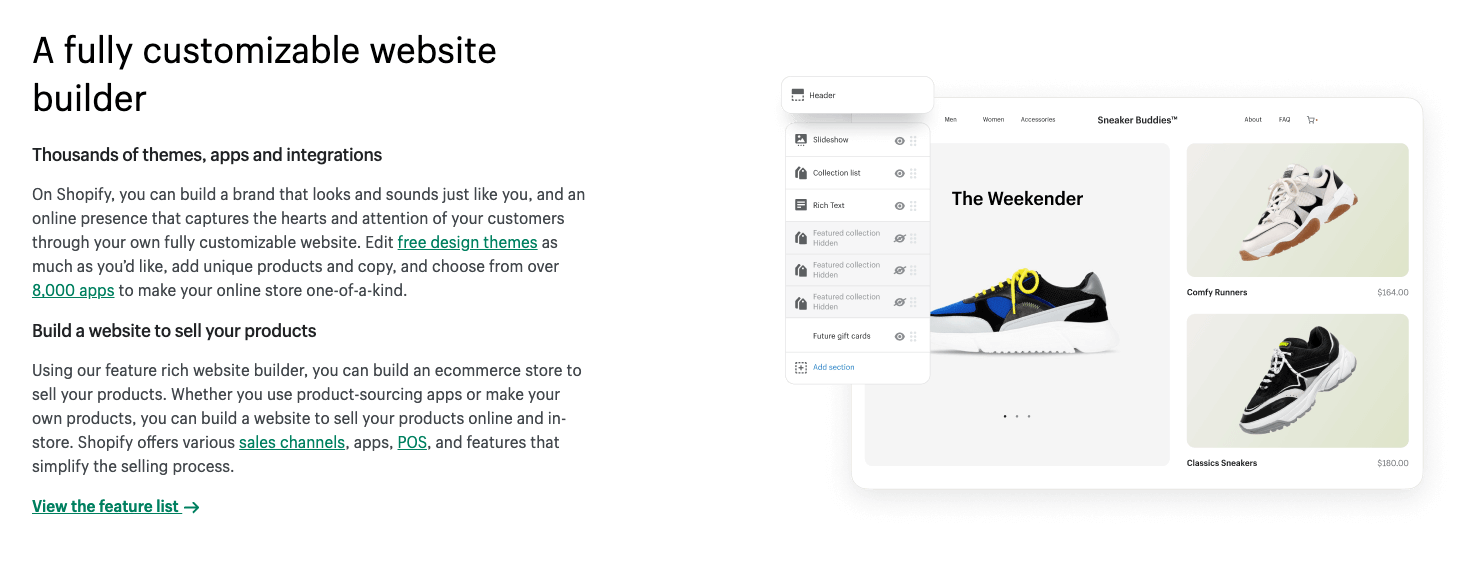
Shopify enables businesses to build and customize their online store with a range of pre-built themes and templates. These templates can be customized to fit a business’s branding and design. The benefit of these features is that you don’t have to code or design the store yourself. This saves you time and resources that can be put toward marketing and other lucrative activities.
Compared to ClickFunnels, the websites you can build with Shopify are geared towards e-commerce and has more customization available. Also, there is the app store that allows you to add extra functions and features to your website, which ClickFunnels doesn’t have.
Payment Processing
Shopify provides payment processing tools that businesses can use to accept payments for their products or services online. The platform supports a range of payment options, including credit cards, PayPal, and other digital wallets. Compared to ClickFunnels, Shopify has a much more extended list of accepted payment gateways (100+).
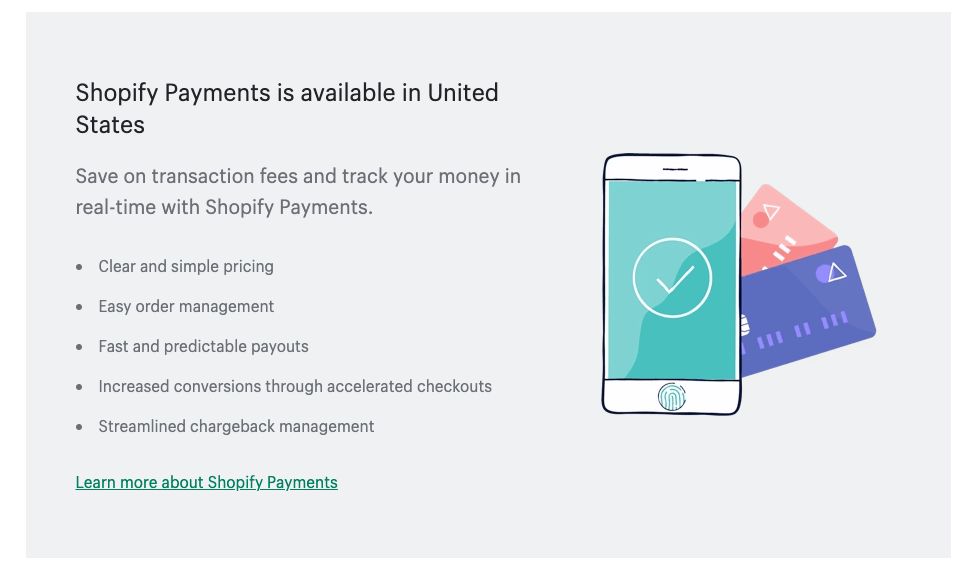
Shopify also includes Shopify Payments, its native gateway that makes it simple and fast to start accepting payments right away.
Shipping and Fulfillment
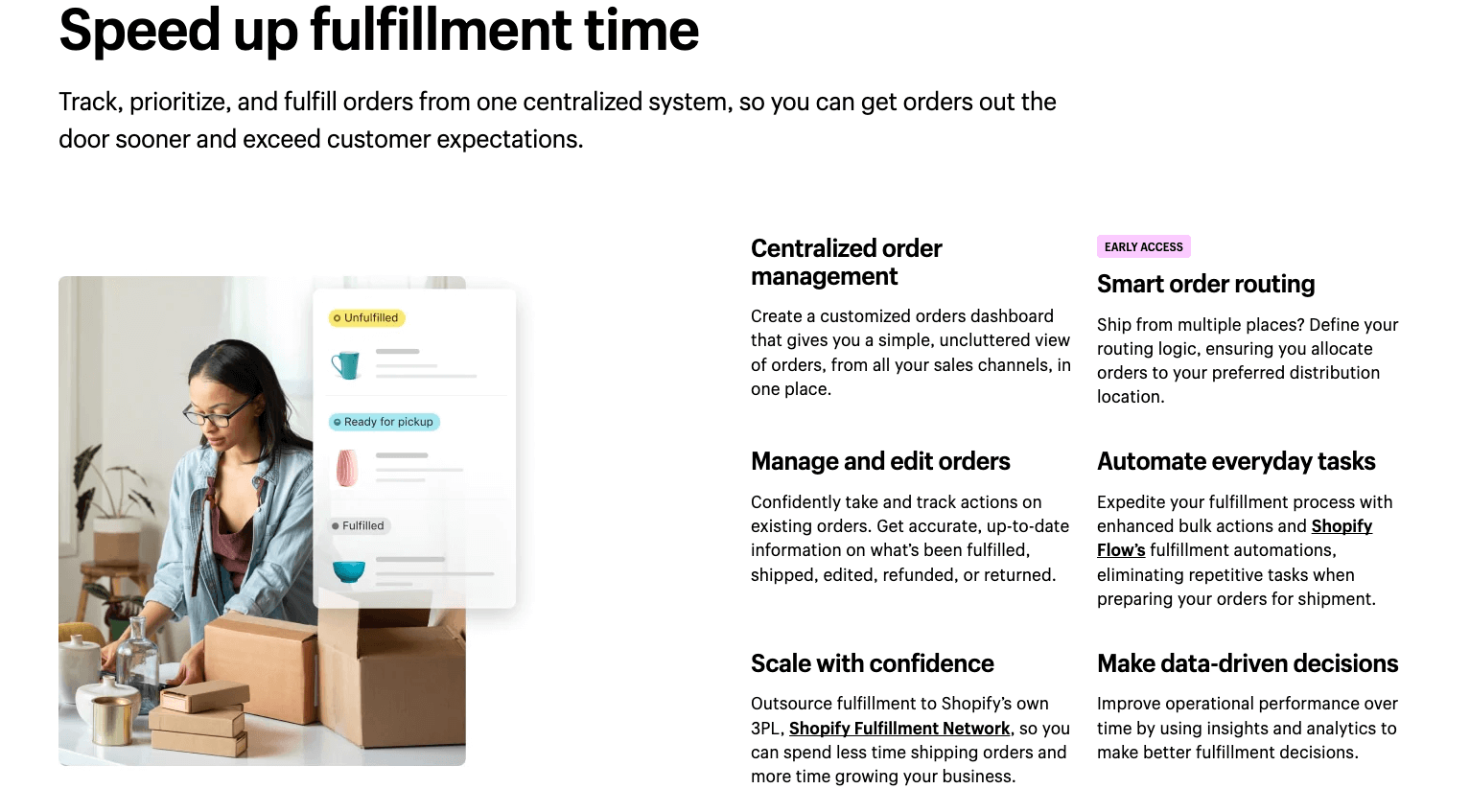
Shopify provides tools for managing shipping and fulfillment, including integrations with major carriers like UPS and FedEx. Businesses can create shipping rules, print shipping labels, and track orders. Since it’s made primarily for e-commerce, you get more features for selling physical products compared to ClickFunnels. This could be a make-or-break kind of feature, depending on your company.
Inventory Management
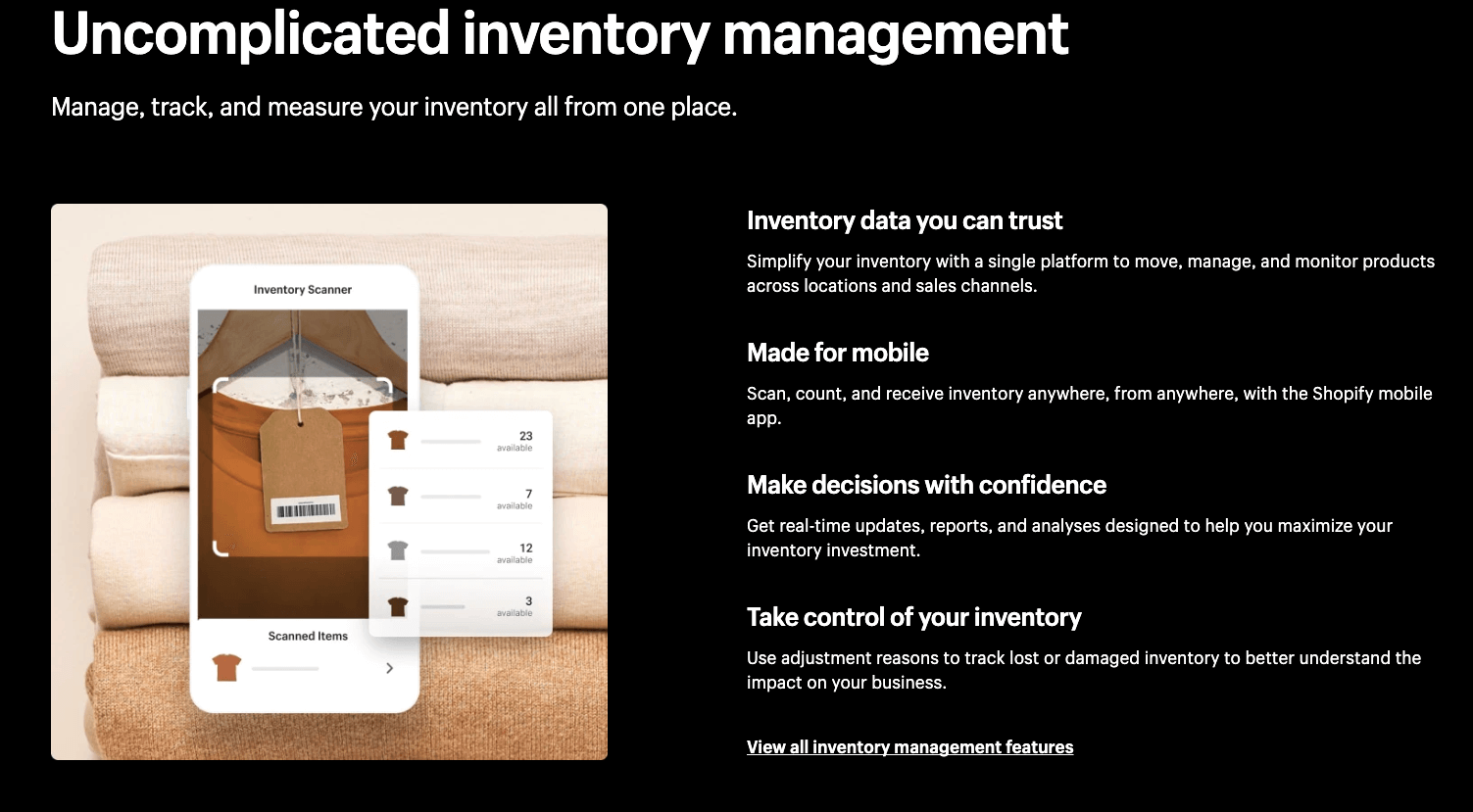
Shopify includes an inventory management system that enables businesses to track and manage their inventory levels, set reorder points, and receive alerts when inventory is low. If you sell physical products, you know managing SKUs and related information can be daunting. Shopify’s platform makes it simple to manage your inventory and have peace of mind to focus on other tasks.
App Store

Shopify has a large app store with a range of add-ons and integrations for customizing and enhancing the platform’s functionality. These add-ons can be used for marketing, accounting, shipping, and other business needs. You don’t get this with ClickFunnels, so keep that in mind.
Advantages of Using Shopify
Lower pricing compared to other e-commerce platforms, especially for small businesses
- Large app store with a range of add-ons and integrations.
- Powerful inventory management system for businesses that sell products online.
- Great system for e-commerce businesses.
- Wide variety of themes and an intuitive store builder.
Disadvantages of Using Shopify
- Limited flexibility outside of e-commerce features.
- Higher transaction fees compared to some payment processors.
- Steeper learning curve for beginners.
Shopify is the go-to platform e-commerce businesses that want an online store, inventory management, and marketing features. Start your free trial here. 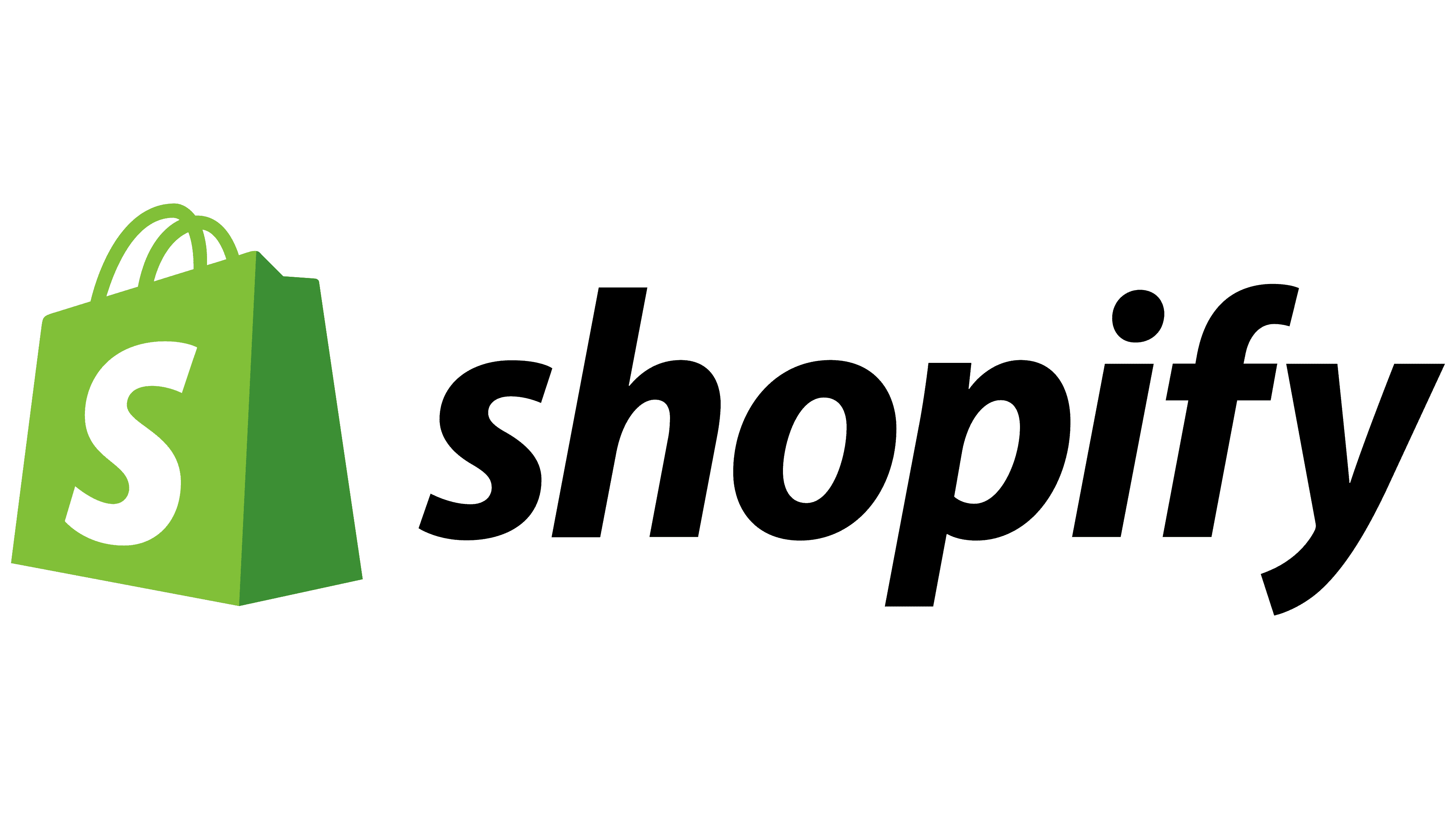
ClickFunnels pricing vs Shopify pricing
When it comes to choosing an e-commerce platform for your business, pricing is an essential factor to consider. ClickFunnels and Shopify have different pricing structures and plans, and understanding them can help you make an informed decision. Let’s compare the pricing for ClickFunnels and Shopify and highlight the key differences.
ClickFunnels Pricing
ClickFunnels offers three pricing plans: Basic, Pro, and Funnel Hacker. Here’s a breakdown of each plan:
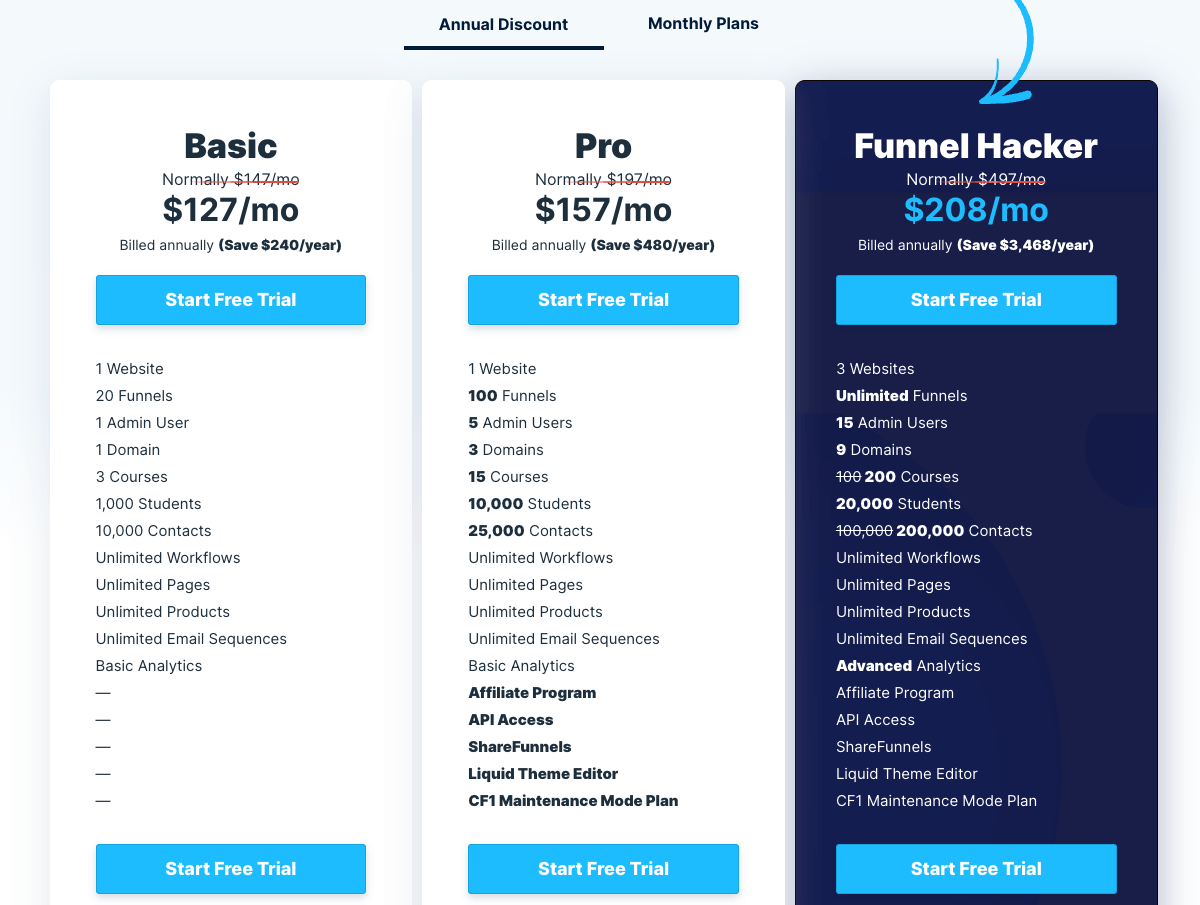
Basic Plan
- $127/month.
- 1 website.
- 20 funnels.
- 1 admin.
- 1 domain.
- 3 courses.
- 1,000 student limit.
- 10,000 contact limit in CRM.
- Unlimited workflows, pages, products, and email sequences.
- Basic analytics.
Pro Plan
- $208/month.
- 1 website.
- Unlimited funnels.
- 15 admins.
- 9 domains.
- 200 courses.
- 20,000 student limit.
- 200,000 contact limit in CRM.
- Unlimited workflows, pages, products, and email sequences.
- Advanced analytics.
- Affiliate program.
- API access.
- ShareFunnels.
- Liquid theme editor.
- CF1 maintenance mode plan.
Funnel Hackers
- $157/month.
- 1 website.
- 100 funnels.
- 5 admins.
- 3 domains.
- 15 courses.
- 15,000 student limit.
- 25,000 contact limit in CRM.
- Unlimited workflows, pages, products, and email sequences.
- Basic analytics.
- Affiliate program.
- API access.
- ShareFunnels.
- Liquid theme editor.
- CF1 maintenance mode plan.
As you can see, ClickFunnels’ pricing is higher compared to some e-commerce platforms. However, it’s important to note that ClickFunnels offers an all-in-one solution for building sales funnels, landing pages, email marketing, and payment processing. It’s a great bang-for-your-buck solution.
Shopify Pricing
Shopify offers three pricing plans: Basic Shopify, Shopify, and Advanced Shopify. Here’s a breakdown of each plan:
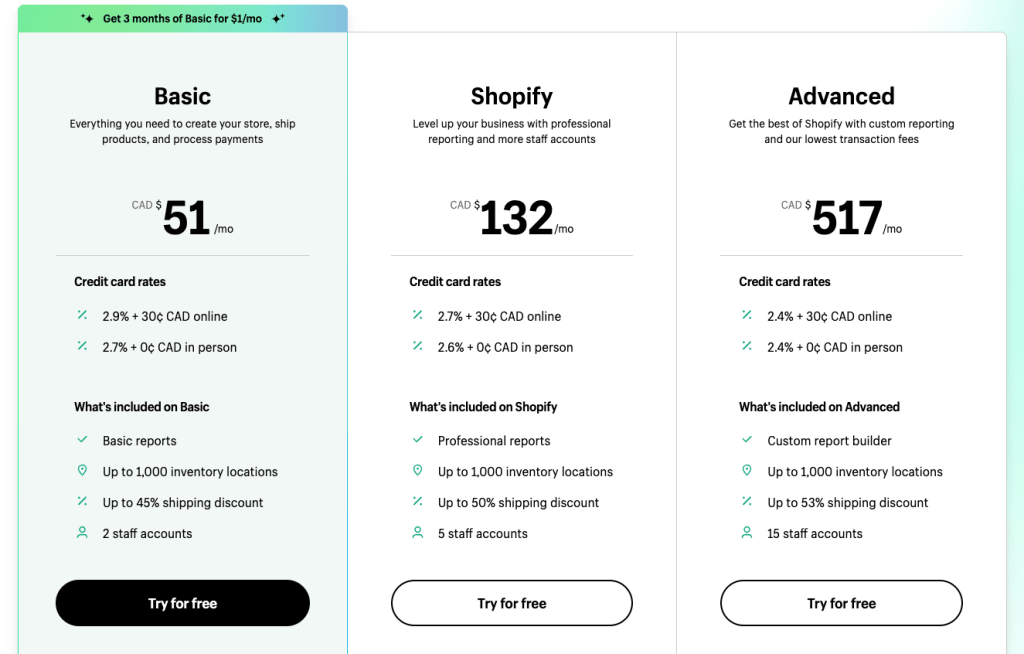
Basic Shopify
- $51/month per month.
- All of Shopify’s e-commerce features.
- 2.9% + 30 cents CAD credit card processing fee online.
- 2.7% + 0 cents CAD credit card processing fee in person.
- Basic reports
- Up to 1,000 inventory locations.
- Up to 45% shipping discount.
- 2 staff accounts.
Shopify
- $132/month.
- All of Shopify’s e-commerce features.
- 2.7% + 30 cents CAD credit card processing fee online.
- 2.6% + 0 cents CAD credit card processing fee in person.
- Professional reports.
- Up to 1,000 inventory locations.
- Up to 50% shipping discount.
- 5 staff accounts.
Advanced Shopify
- $516 per month
- All of Shopify’s e-commerce features.
- 2.4% + 30 cents CAD credit card processing fee online.
- 2.4% + 30 cents CAD credit card processing fee online.
- Up to 1,000 inventory locations.
- Up to 53% shipping discount.
- 15 staff accounts.
- Custom report builder.
Compared to ClickFunnels, Shopify’s pricing is lower, especially for small businesses. However, the “Advanced Shopify” plan is more than double of ClickFunnels’ highest pricing tier.
ClickFunnels vs Shopify – Which Platform Is Right for You?
Both ClickFunnels and Shopify offer robust solutions for businesses that want to sell products or services online. However, their features and pricing can make one platform more suitable for your business needs than the other.
If you’re focused on building sales funnels and generating leads, ClickFunnels might be the right choice for your business. The platform’s sales funnel templates and email marketing tools can help you streamline your sales process and increase conversions.
However, if you prioritize e-commerce and managing an online store, Shopify might be the better option. Its inventory management system, app store, and shipping and fulfillment tools can help you run your online store more efficiently.
Try ClickFunnels or Shopify here.



